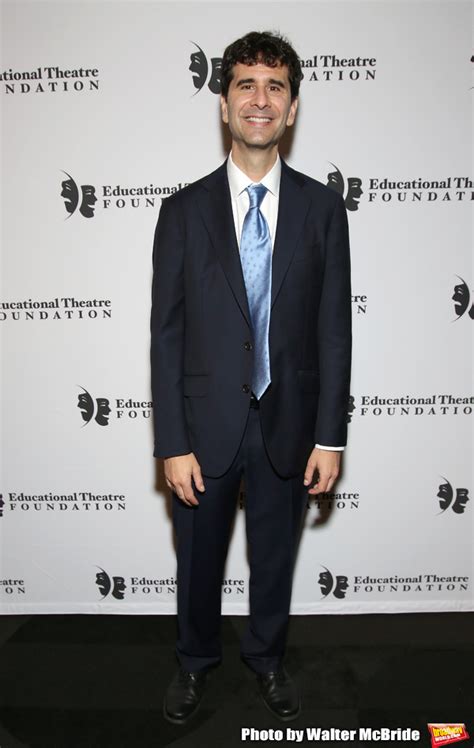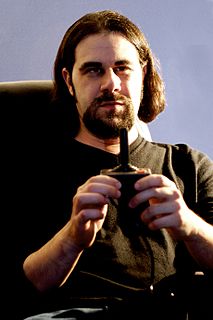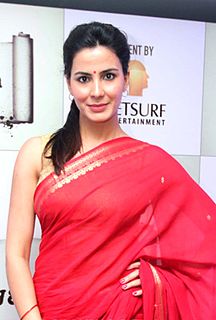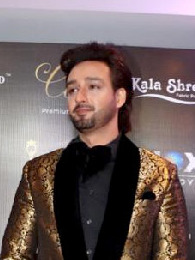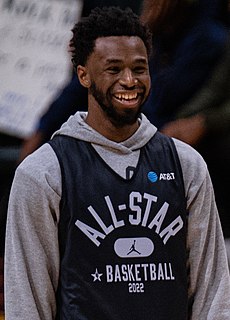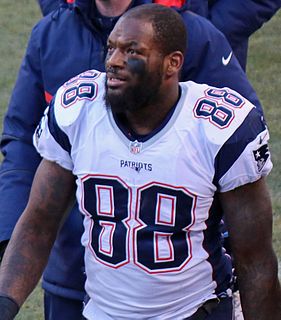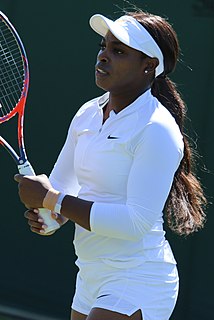A Quote by Bobby Fischer
The turning point in my career came with the realization that Black should play to win instead of just steering for equality.
Quote Topics
Related Quotes
I'm just remembering myself at 22 or 23. I was all engine and no steering. (Laughter) I had the wheels but I had no steering. I do think it's true that when you're younger, you're more likely to listen to all the naysayers, and people are always telling you how you ought to behave and what kind of job you should get and how you should look.
Merely because I was black, it seemed, I was supposed to listen to Hugh Maskela instead of Carole King, just as I was expected to be a radical, not a conservative. I no longer cared to play that game ... The black people I knew came from different places and backgrounds - social, economic, even ethnic - yet the color of our skin was somehow supposed to make us identical in spite of our differences. I didn't buy it. Of course we had all experienced racism in one way or another, but that did not mean we had to think alike


